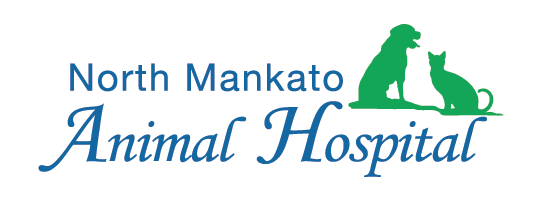Foods to Avoid Feeding Your Pet
- Alcoholic beverages
- Avocado
- Chocolate (all forms)
- Coffee (all forms)
- Fatty foods
- Macadamia nuts
- Moldy or spoiled foods
- Onions, onion powder
- Raisins and grapes
- Salt
- Yeast dough
- Garlic
- Products sweetened with xylitol
Warm Weather Hazards
- Animal toxins—toads, insects, spiders, snakes and scorpions
- Blue-green algae in ponds
- Citronella candles
- Cocoa mulch
- Compost piles Fertilizers
- Flea products
- Outdoor plants and plant bulbs
- Swimming-pool treatment supplies
- Fly baits containing methomyl
- Slug and snail baits containing metaldehyde
Medication
Common examples of human medications that can be potentially lethal to pets, even in small doses, include:
- Pain killers
- Cold medicines
- Anti-cancer drugs
- Antidepressants
- Vitamins
- Diet Pills
Cold Weather Hazards
- Antifreeze
- Liquid potpourri
- Ice melting products
- Rat and mouse bait
Common Household Hazards
- Fabric softener sheets
- Mothballs
- Post-1982 pennies (due to high concentration of zinc)
Holiday Hazards
- Christmas tree water (may contain fertilizers and bacteria, which, if ingested, can upset the stomach.
- Electrical cords
- Ribbons or tinsel (can become lodged in the intestines and cause intestinal obstruction—most often occurs with kittens!)
- Batteries
- Glass ornaments
Non-toxic Substances for Dogs and Cats
The following substances are considered to be non-toxic, although they may cause mild gastrointestinal upset in some animals:
- Water-based paints
- Toilet bowl water
- Silica gel
- Poinsettia
- Cat litter
- Glue traps
- Glow jewelry

